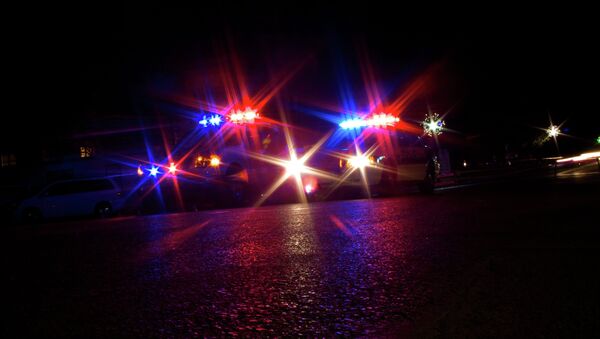When Southern Illinois University student Matt Fedora approached a police car that was parked in his neighborhood for hours, he caught the policeman sleeping.
Furious as he was, Fedora turned on his cellphone camera and confronted the officer about sleeping while on duty, asking why he wasn’t patrolling the neighborhood.
“You’ve been here for the past three hours,” Fedora said.
When the cop denied, he responded “Don’t lie to me, don’t lie to me… this is my taxpayer’s money you’re wasting.”
“I’m not lying to you,” the cop replied, prompting Fedora to threaten “If you keep lying, I’m going to post this on Youtube.”
“Oh, so you’re recording?” the cops said. “Are you aware that it’s now illegal to record a police officer in public?” At which point, Fedora stopped recording.
The reason why Fedora was so upset is because his house was broken into a week earlier and over $4,000 in electronics was stolen, he told WSIL TV.
“I started videotaping because my house was broken into last week. That’s why you could see the passion and the anger in the video.”
Carbondale Councilwoman Jane Adams refutes such claims, saying officers’ jobs is to uphold the rights of citizens.
“It is perfectly legal to video people in public and specifically police officers. The biggest concern is to make sure that our police officers on patrol know what the law is, know what citizens rights are.”
Carbondale’s interim police chief said the department would investigate the incident.
“We don’t condone, nor will we tolerate, any type of workplace misconduct,” said interim Chief Jeff Grubbs.
The Illinois Supreme Court struck down a law in March that legally barred the recording of conversations without the consent of all parties, prohibiting recordings of police encounters without the officer’s permission.
However, a new bill as passed and signed by then Illinois Gov. Pat Quinn on Dec. 31, requires the consent of all parties involved in a private conversation to be recorded,but not in public.
“On-duty police officers have no reasonable expectation of privacy in their conversations in public places,” the Illinois chapter of the ACLU said in a statement.


